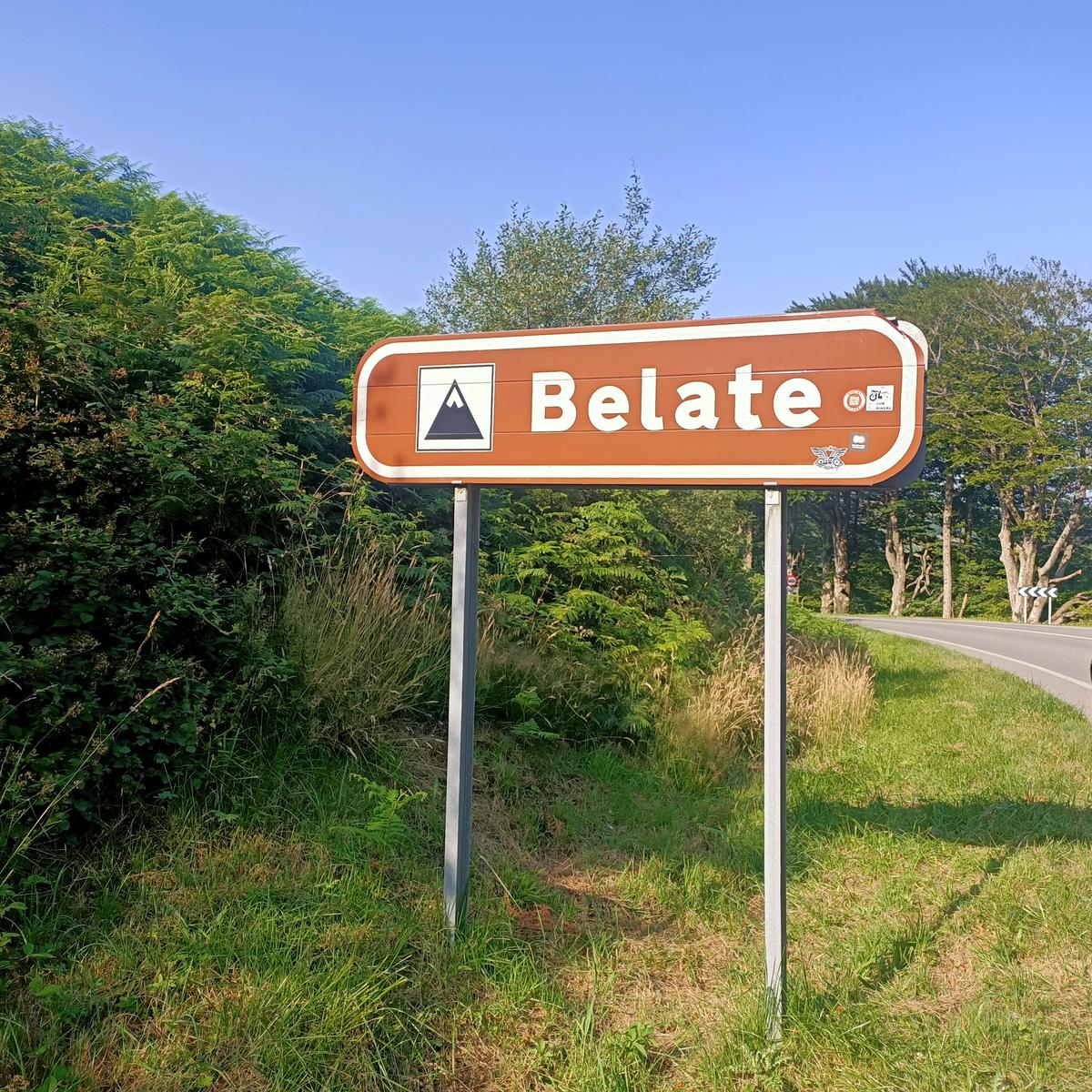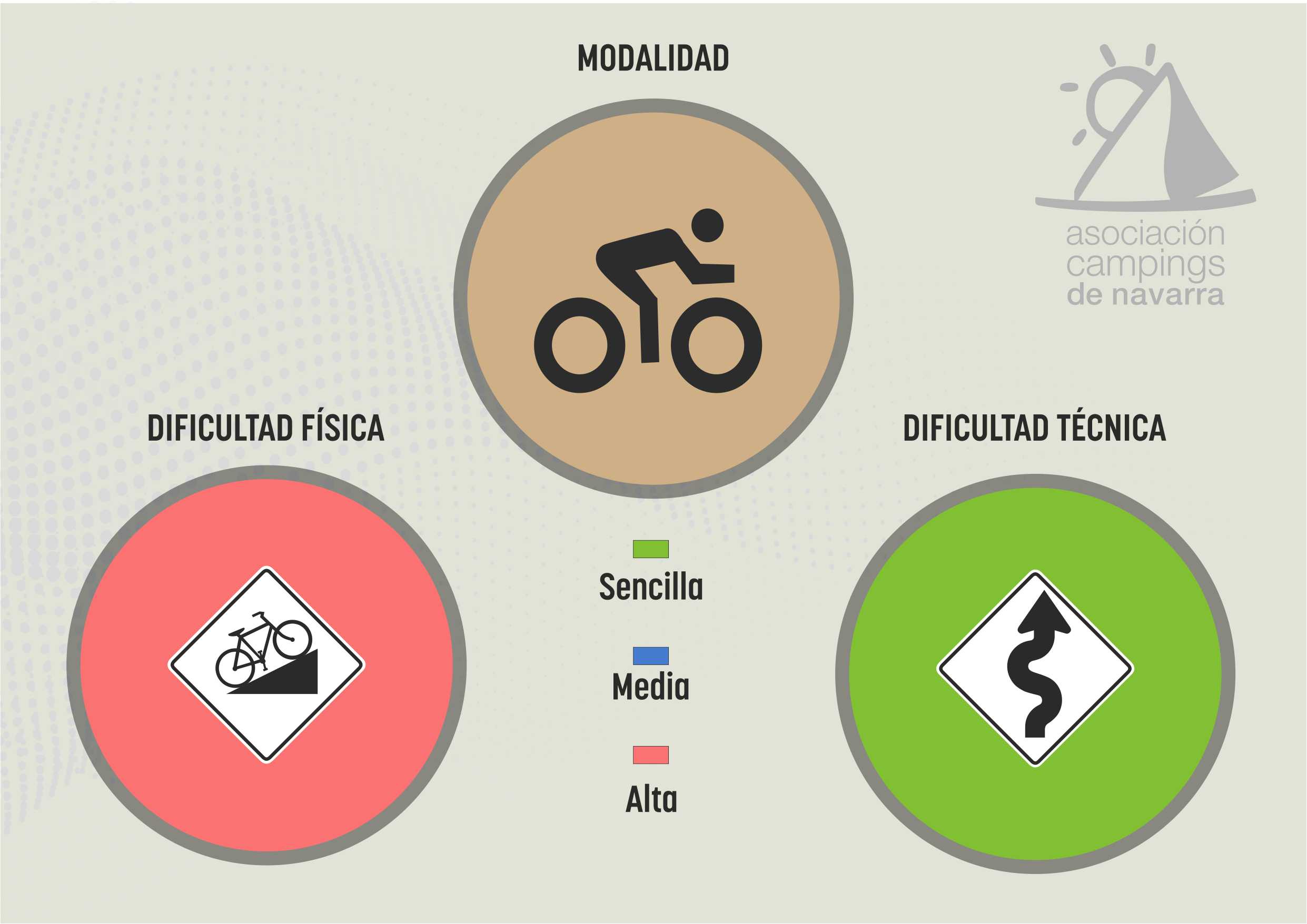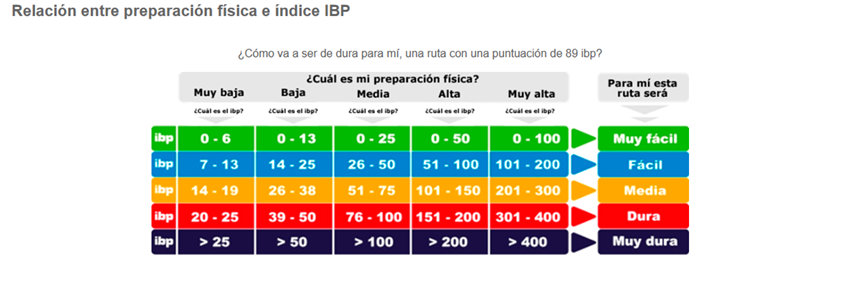After the first few flat kilometers, we reach the town of Irurita where we begin the ascent to Ziga, which serves as an “appetizer” for the ascent to Belate on its north face. If we count this ascent as part of the Belate climb, it is 19 km at 3.5% with a rest area between kilometers 4 and 10. Once Belate is crowned, we start the descent, the first part on a very quiet road, and from the exit of the tunnels, where we join the N-121, traffic increases and we must pay attention.
Shortly after the Ventas de Arraiz we take the detour to the right and we get fully into the Ultzama, a valley that we cross by quiet roads and where it is “mandatory” to enjoy the landscape that we are leaving on the sides.
The Orokieta pass is the last of the route, a total of 7.5 km at 3.5% on a route through a spectacular forest. The descent to Doneztebe invites us to enjoy the speed but always with caution.











